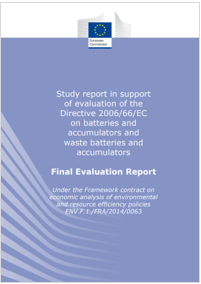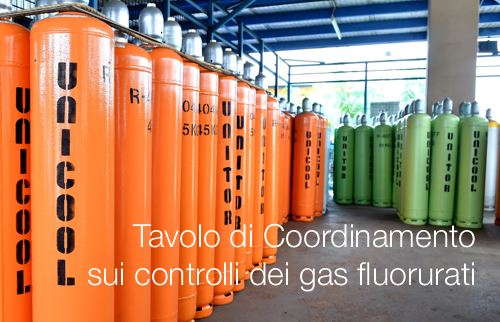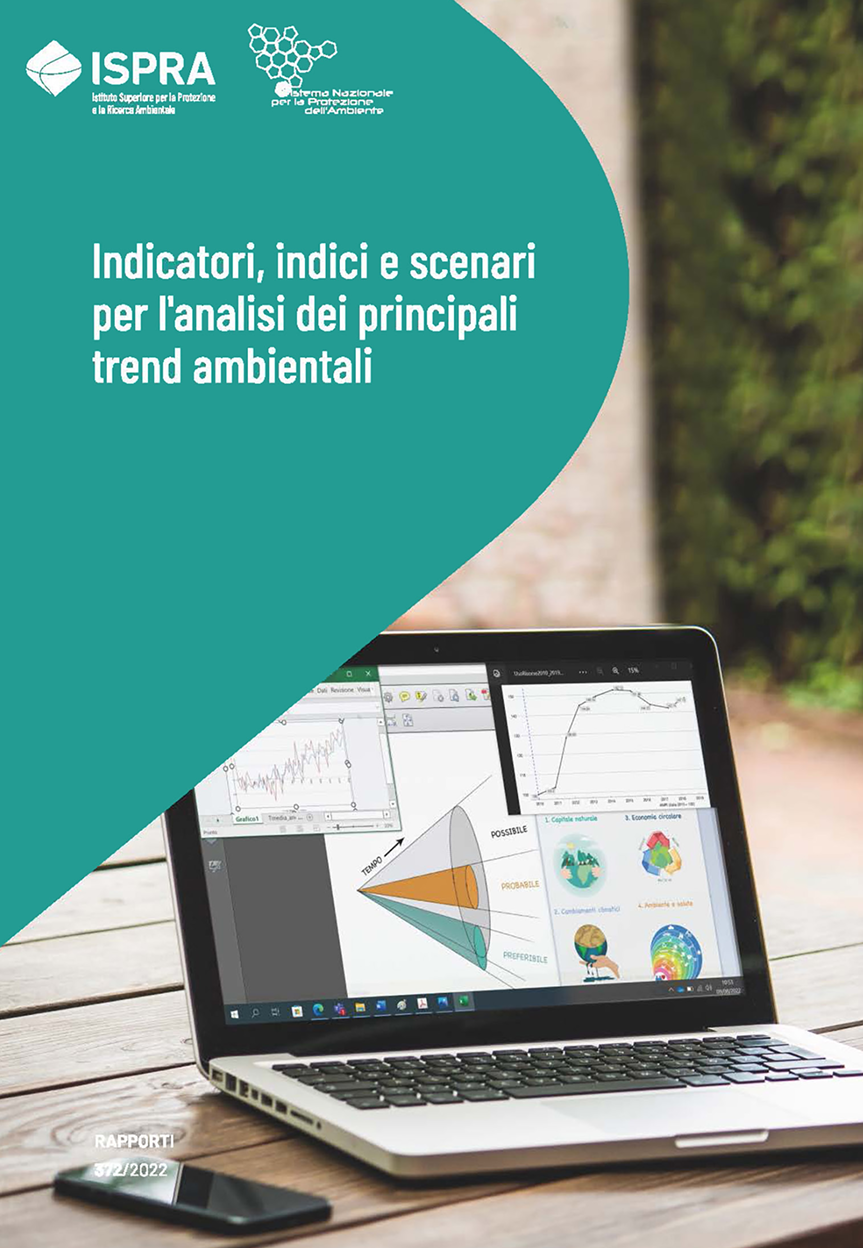Informazione tecnica HSE / 25 ° anno
/ Documenti disponibili:
45.620
/ Documenti scaricati: 34.635.080
/ Documenti scaricati: 34.635.080

Final Evaluation Report | 2018
Under the Framework contract on economic analysis of environmental and resource efficiency policies ENV.F.1./FRA/2014/0063
This study assesses whether Direttiva 2006/66/CE on Batteries adequately addresses and implements the Directive’s objectives.
One main objective of the Batteries Directive is to minimise the negative impact of batteries and waste batteries on the environment. The other main objective is the smooth functioning of the single European market. The evaluation addresses legal, environmental, and economic and social aspects.
The Directive was assessed with regard to five evaluation criteria: relevance, effectiveness, efficiency, coherence and EU added value. A set of evaluation questions guides the evaluation to focus on relevant aspects.
Answers to the evaluation questions were compiled from Member States’ data submitted to Eurostat, contributions to the stakeholder consultation and many other sources.
This study concludes that the waste battery collection within the EU is insufficient; a large amount of batteries end up in municipal waste. Other losses of batteries occur due to the insufficient practice of battery removal from WEEE. Improving and increasing collection need to be at the highest priority of the revision of the Batteries Directive.
Furthermore, while effectively all stakeholders agree that the Directive supports the functioning of the single European market, the Directive is not well adatped to new developments, in particular concerning Li-ion batteries and battery re-use.
Li-ion batteries for electric mobility and for decentralised power storage, for which the greatest growth is predicted, currently fall under the category of industrial batteries. For this category, the Batteries Directive does not specify collection targets, minimum collection infrastructure requirements, reporting requirements or extended producer responsibility.
The recycling targets for waste Li-ion batteries are too low and are also not material-specific, as it would be necessary to prevent potential supply risks resources and to support the reduction of environmental impacts. A main shortcoming regarding consumer information is that end-users do not have enough information to make an informed purchase regarding better battery performance.
European Commissione 2018

ID 22952 | 18.11.2024
Roma, 15 novembre 2024
I risultati della campagna 2024 del Comando Tutela Forestale e Parchi dell’Arma dei Carabinieri: 170...
Regolamento (CE) n. 305/2008 della Commissione, del 2 aprile 2008 , che stabilisce, in conformità al regolamento (CE) n. 842/2006 del Parlamento europeo e del Consiglio, i ...

ID 17698 | 28.09.2022
Rapporto ISPRA 372/2022
Il documento analizza le principali tematiche ambientali emergenti (capitale natur...
Testata editoriale iscritta al n. 22/2024 del registro periodici della cancelleria del Tribunale di Perugia in data 19.11.2024